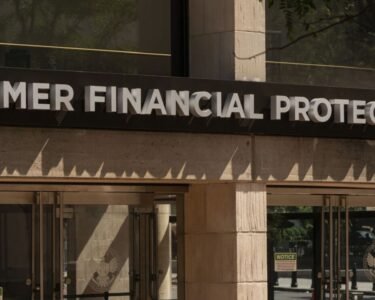When it’s time to formally apply for a personal loan, your lender will request a number of documents to confirm everything from your identity to your residence and employment. Here are the most common documents lenders require as part of the personal loan application process.
1. Loan Application
A loan application is a formal document that lenders require prospective borrowers to complete and submit to begin the lending process. Each lender has its own application, so the specific requirements may vary. In general, though, you’ll need to provide basic personal information, how much you want to borrow and the purpose of the loan.
The format of a loan application may also vary by lender. While there are numerous online lenders that offer a completely online application experience, others may need to discuss your application over the phone before providing a decision. There are also a number of brick and mortar banks and financial institutions that require applicants to submit a paper application in-person.
2. Proof of Identity
Most lenders require applicants to provide at least two forms of government-issued identification to prove they are at least 18 years old and a United States citizen. This precaution also reduces the threat of identity theft. Acceptable forms of government-issued identification often include:
- Driver’s license
- Social insurance number (SIN)
- Other provincial photo ID
- Passport
- Certificate of citizenship
- Birth certificate
- Military ID
- Provincial medical card with a photo
- proof of address
3. Employer and Income Verification
A lender wants to see that you have the ability to pay back your current debts as well as the new loan. To do this, lenders typically require prospective borrowers to demonstrate their employment history and current earnings as part of the application process. Common forms of income verification for traditional employment include:
- Paystubs
- tax returns
- CRA Notice of Assessment
- T4s
- Bank statements
- Employer contact information
- Income verification letter from your current employer
Prospective borrowers who are self-employed must instead rely on bank statements and income tax returns showing consistent income going back at least two to three years.
4. Proof of Address
In addition to confirming your employment, most lenders want to know that you have a stable living situation. This may involve providing proof of your address, including a recent utility bill, a copy of your lease or other rental agreement, voter registration notice or proof of home, rental or auto insurance that lists your address.




